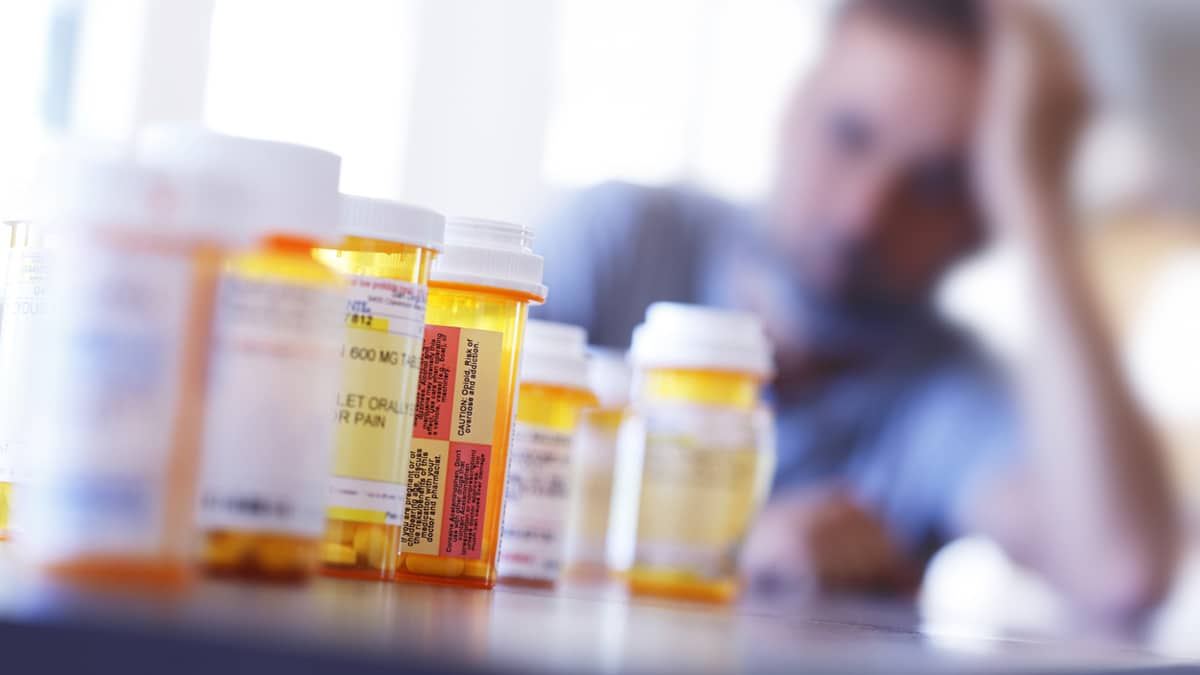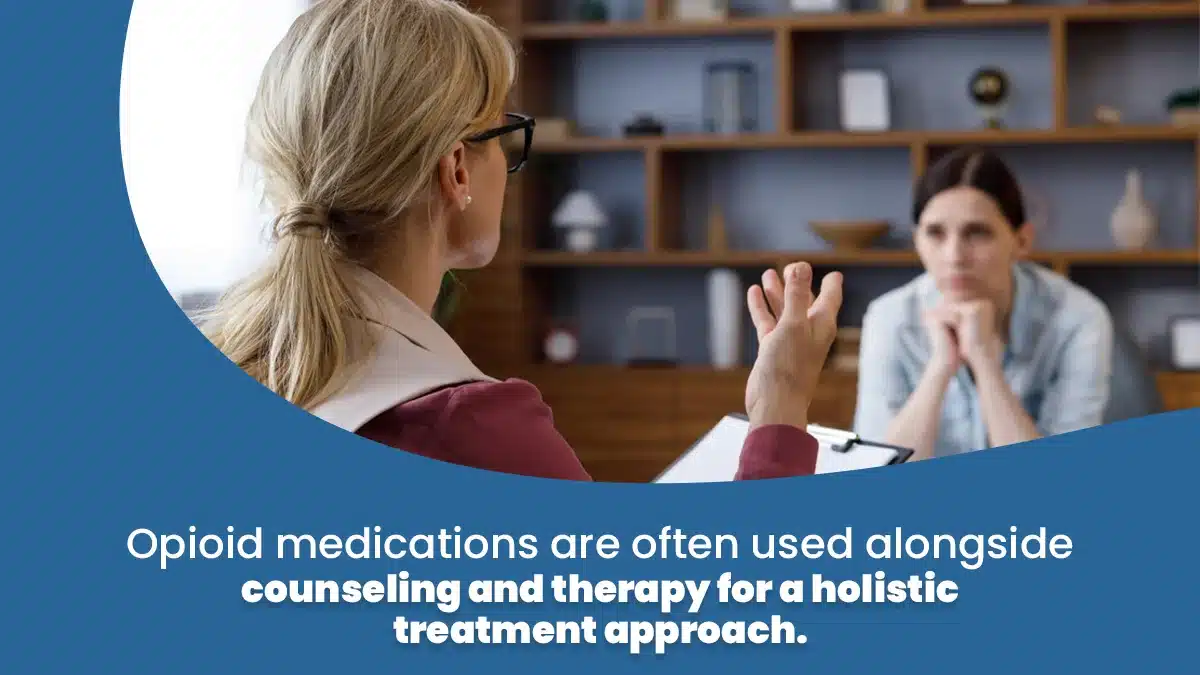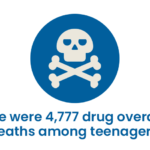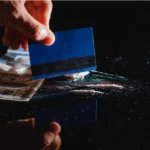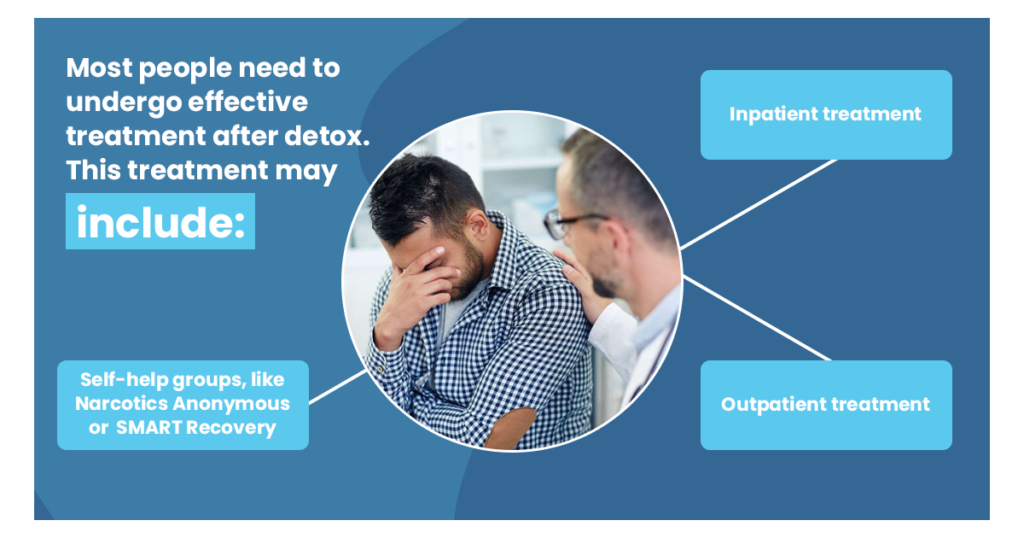
Withdrawal occurs when a person stops using opioid drugs after their body has become dependent on them to feel normal. It can impact an individual in several ways.
Opiates attach to receptors on nerve cells in your brain, spinal cord, and other areas to inhibit pain signals that your body sends to your brain. In addition, they stimulate the release of the feel-good chemical, which is known as dopamine.
Drugs, such as oxycodone or morphine, can alleviate pain after surgery or an injury. Some individuals also use illegal substances, such as heroin.
Pills that are prescribed by a doctor are generally safe when used for a short time and as indicated. If you need to discontinue long-term opioid use, see your doctor. To do so safely, you must gradually reduce your drug dosage over time while being closely monitored by a medical team.
What Causes Opioid Withdrawal?
Your body needs an increasing amount of the drug to get the same effect over time. This developing tolerance is extremely risky and raises the possibility of accidental opioid overdose.
Long-time use of these drugs alters the function of nerve receptors in the brain, making them dependent on the drug to function. If you get physically sick after discontinuing an opioid drug, this may indicate physical dependence on the substance. Symptoms of withdrawal are the body’s physical and emotional reaction to the absence of the drug.
To avoid pain or withdrawal symptoms, people typically continue to use opiates despite how much they want to quit. In other cases, people may be unaware of their opioid dependence, especially if they used it for an injury or healing from surgery. The average person may confuse withdrawal symptoms for flu or another disease.
Symptoms of Opiate Withdrawal
The symptoms you experience depend on the withdrawal level you are going through. In addition, the duration of withdrawal symptoms is determined by multiple factors.
As a result, everyone experiences opioid withdrawal differently. However, there is usually a timeline of symptoms of withdrawal.
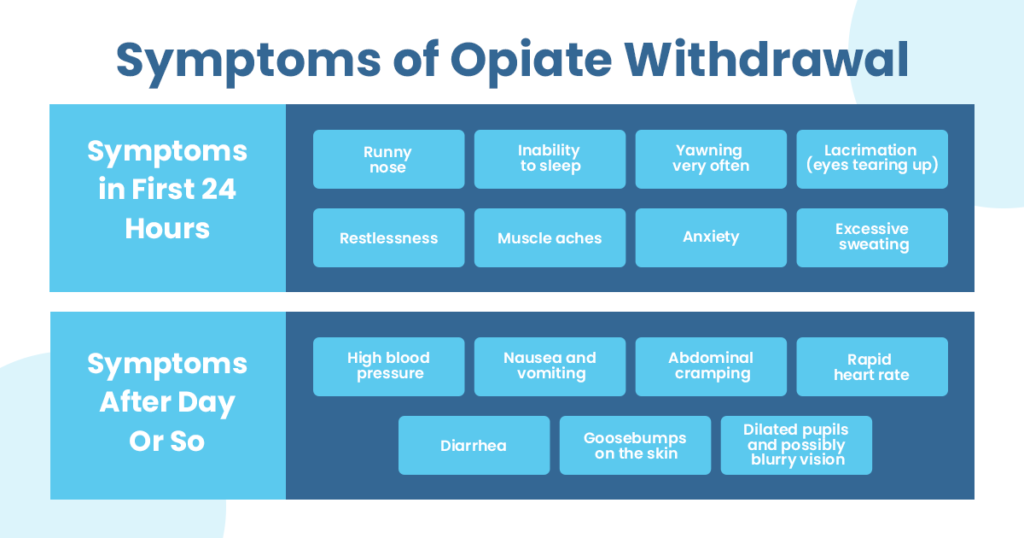
Although unpleasant and painful, symptoms typically begin to lessen within 72 hours, and you should experience a considerable reduction in acute opiate withdrawal symptoms within a week.
Babies born to mothers addicted to or who took opioids during pregnancy may also show withdrawal symptoms. These may include:
- Poor feeding
- Dehydration
- Vomiting
- Seizures
- Digestive issues
The duration of your withdrawal symptoms depends on the frequency and intensity of your addiction and individual factors like your general health.
Treatment Of Opiate Withdrawal
People who detox from opiates can benefit from physical and psychological help. Treatments can help alleviate symptoms and avoid a relapse into opiate use.
Detox
During detox, the individual will experience withdrawal, which sometimes occurs under constant medical supervision. In this case, the duration of symptoms is generally between 5 and 7 days.
A supervising doctor will closely examine how the patient’s body adjusts to discontinuing opioid medication by observing:
- Respiration
- Body temperature
- Blood pressure
- Heart rate
Most people need to undergo effective treatment after detox. This treatment may include:
- Self-help groups, like Narcotics Anonymous or SMART Recovery
- Inpatient treatment
- Outpatient treatment
Medications
In some instances, a doctor may prescribe methadone. Methadone is an opioid with a longer duration of action than other opioids. Methadone may diminish the severity of withdrawal symptoms.
A week later, a doctor will progressively cut the patient’s methadone dosage. People can continue to take methadone indefinitely or taper off gradually.
Buprenorphine is a partial opioid agonist, which functions similarly to other opiates but does not entirely activate the opioid receptors. This mode of action can prevent relapse and lessen the likelihood of cravings, preventing a person from returning to the drug they were dependent on.
Tips for Coping with Opiate Withdrawal Symptoms
Withdrawal from opioids may be unpleasant and uncomfortable. According to the Substance Abuse and Mental Health Services Administration (SAMHSA), “hospitalization (or some kind of 24-hour medical care) is the ideal site for opioid detoxification based on safety and humanitarian considerations.”
A professional medical detox may give medication and monitoring to make patients as safe and comfortable as possible and treat potential complications.
Frequently Asked Questions (FAQs)
What are four of the opiate severe withdrawal symptoms?
Few of the opiate withdrawal symptoms include:
– inability to sleep
– high blood pressure
– nausea and vomiting
– muscle aches
– rapid heart rate
– restlessness
– anxiety
How many days do withdrawal symptoms last?
Typically, withdrawal symptoms last three to seven days. However, the precise duration depends on the drug being abused and the intensity of the drug abuse. In rare instances, it may take days, weeks, or months to eliminate a drug from the body entirely.
Which drug has the most withdrawal symptoms?
Opiates, heroin, and methamphetamine are some of the most powerful substances that result in withdrawal symptoms that can be fatal. During withdrawal, extreme delusion and hallucinations may force a person to harm oneself or others.
What are unpleasant withdrawal symptoms?
Some of the unpleasant symptoms commonly associated with opiate withdrawal include:
– Muscle pain
– Fatigue
– Nausea
– Depression
– Changes in mood
– Irritability
– Chills or shivering
– Changes in appetite
– Congestion
Let The Haven Help You Restore Your Sober Life
Withdrawal from opiates can cause a variety of unpleasant and painful symptoms. At The Haven, a premier substance addiction treatment facility, you will discover a compassionate and educated team that provides the supervised medical detox, counseling, therapy, and aftercare necessary to maintain long-term sobriety from opioids and other narcotics.
We offer residential and outpatient programs to best match our patients’ individual needs. If you or your loved one is battling substance use disorder (SUD), contact our counselors at (561) 328-8627 today.


